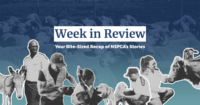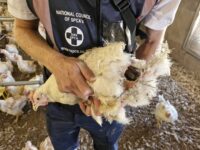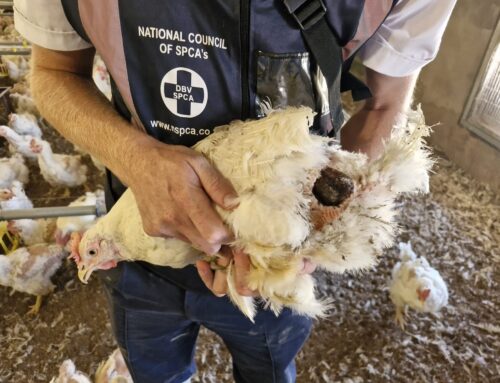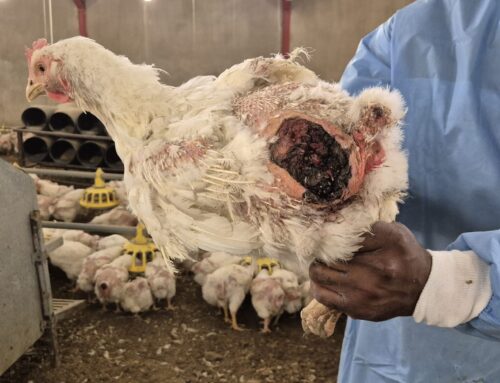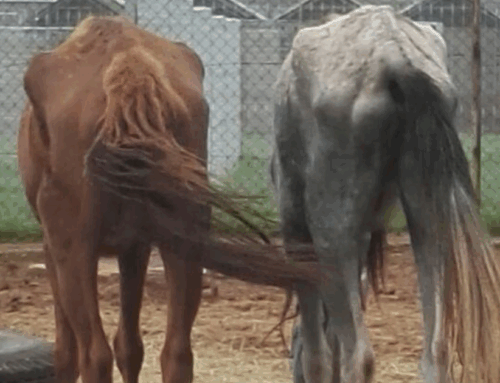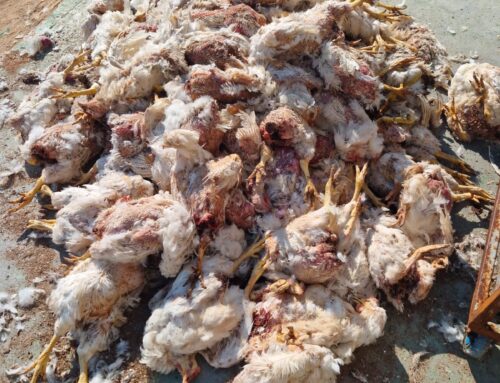The NSPCA wishes to forewarn the public about an important animal welfare issue in South Africa. Historically considered RHD-free, a concerning development has occurred.
Rabbit Hemorrhagic Disease (RHD) was first detected in the Northern Cape in November 2022. RHD is highly contagious and fatal, affecting rabbits and hares. Unfortunately, infected animals may not display visible signs until it’s too late.
Common clinical signs include:
- Fever
- Lack of appetite
- Reduced movement
- Breathing difficulties
- Nasal discharge
- Convulsions or paralysis before death
- Red or purple gums
The virus spreads through direct contact, blood, nasal, and oral secretions of infected rabbits. It can also survive on surfaces like clothes, shoes, blankets, and feed, posing a significant risk of transmission. Biting insects may also be carriers.
Action Steps:
- If you suspect infection, contact your local veterinarian immediately and report any suspected cases to state veterinary authorities.
- Practice stringent biosecurity to prevent transmission in rabbit husbandry.
To those who love and own pet rabbits, your local SPCA or animal welfare organisation will be available to answer any questions or provide assistance, where necessary.
We call upon the rabbit industry and those keeping rabbits for financial gain to take responsibility during this outbreak – as the NSPCA, we emphasise adherence to the Animals Protection Act No 71 of 1962. SPCAs across the country are informed of this concerning disease and will be attending to pro-active and reactive concerns.
Your support is crucial in safeguarding our rabbits and hares. Let’s work together to protect these wonderful creatures.
Thank you for your vigilance and compassion.
If you are as passionate about animals and their well-being as we are, consider supporting our causes by donating.
Latest News Posts
Will You Be the One Who Takes Action?
Most people will scroll past this. But will you be the one who stands up for animals?
Animal welfare isn’t always in the spotlight, but it changes lives – for every neglected, abused, or suffering animal we help. Our teams work tirelessly, often behind the scenes, ensuring animals across South Africa are protected.
This work is relentless. The challenges are immense. But with more hands, hearts, and resources, we can do even more.
The equation is simple: the more supporters we have, the greater our reach, the stronger our impact.
Be part of the change. Become an NSPCA Project Partner today. From just R50 per month, you can help ensure that no animal suffers in silence.

